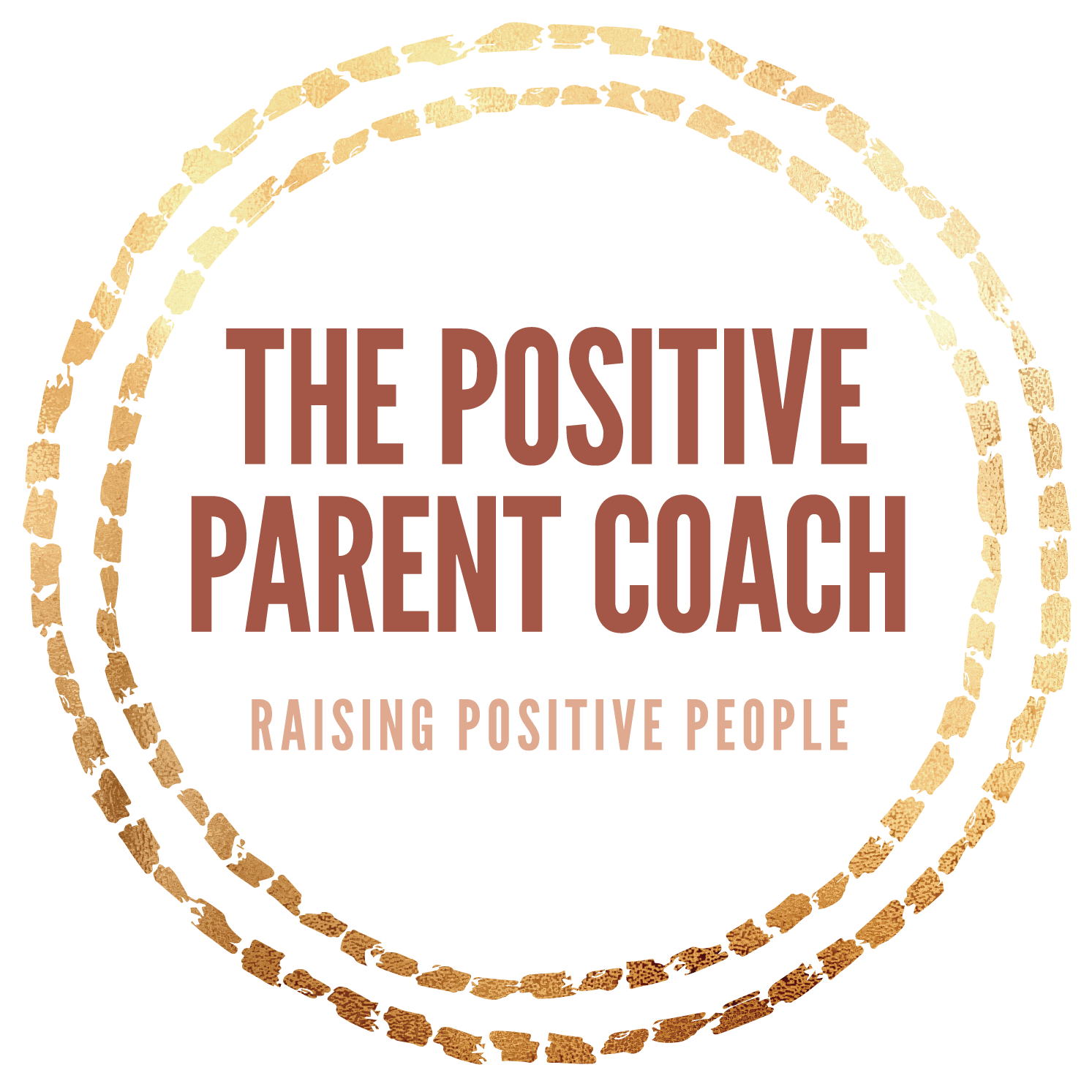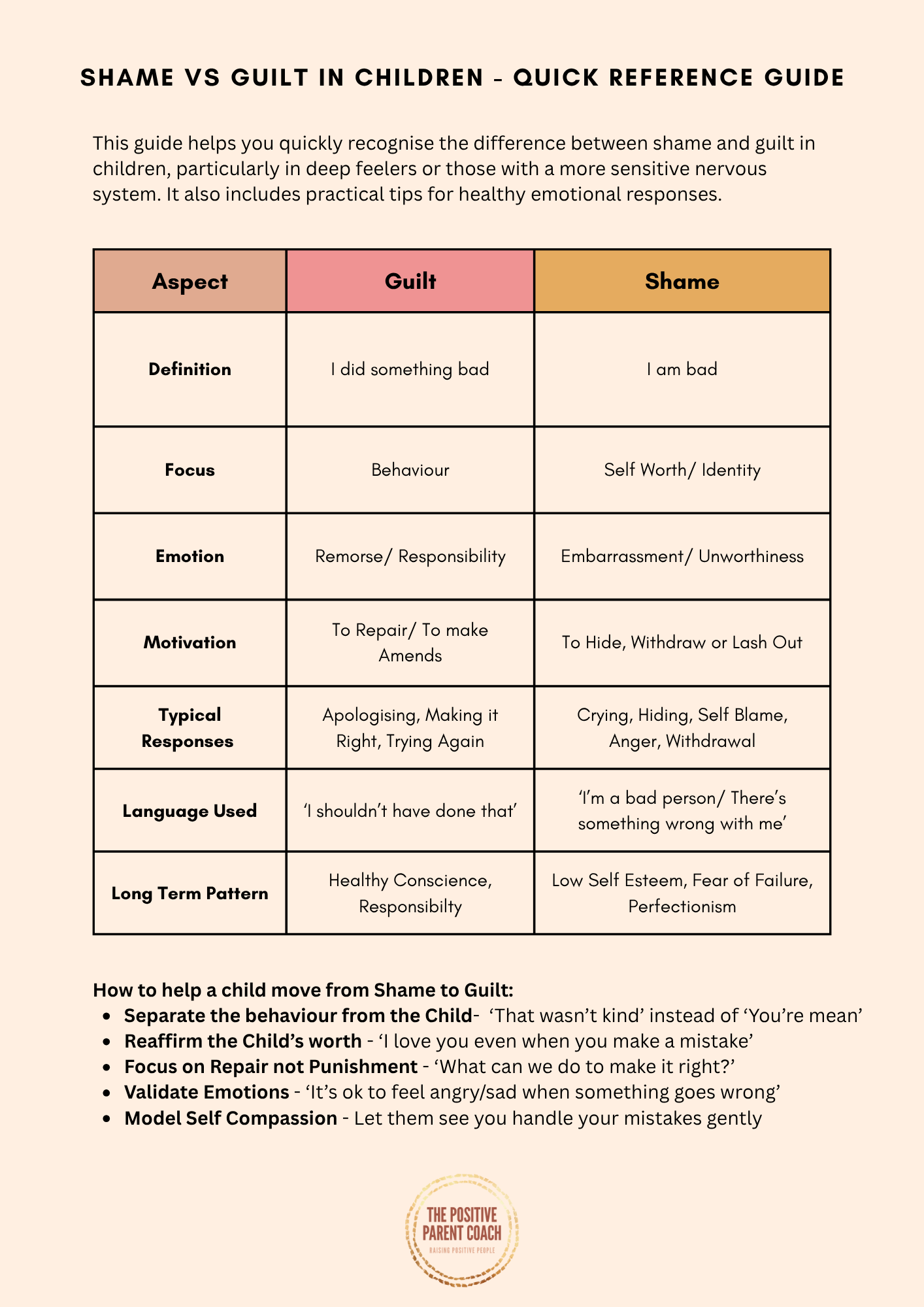Supporting Big Feelings
Supporting Big Feelings
This section will help you see meltdowns and outbursts through a new lens: not as misbehaviour, but as communication. You’ll learn what’s going on in your child’s brain and body, how to support them through emotional storms, and how to stay calm and connected in the process.
Also Included is information on Deep Feelers and why traditional parenting approaches don’t work for them!
Understand the emotional world beneath your child’s behaviour and how to support them (and yourself) through big feelings with compassion and insight.
Workshop 1: Emotions and The Brain; What Happens During a Meltdown
What’s really going on in your child’s brain during dysregulation and how you can respond with calm and confidence.
We’ll explore:
✨ Why your child’s emotional regulation skills are still developing
✨ What happens in the brain when emotions take over (aka “flipping your lid”)
✨ How your own nervous system plays a key role in co-regulation
✨ Practical, compassionate ways to support your child through big emotions
By the end of the session, you’ll have a clearer understanding of what’s really driving your child’s behaviour and concrete tools to help you stay calm, connected, and in control (even when your child isn’t!).
Workshop 2: Understanding Deep Feelers
Some children feel everything deeply: joy, frustration, excitement, disappointment. In this workshop, you’ll discover what’s really going on beneath those intense emotions and behaviours. You’ll learn how temperament, sensitivity, and nervous system responses play a role, and how to support your deep-feeling child to manage emotions without dimming their spark.
You’ll walk away with:
A clear understanding of what makes “deep feelers” different
Tools to help your child stay regulated in everyday moments
Language and connection strategies that build trust and resilience
If you have a child who is strong willed, goes from 0-100 in their emotional responses and struggles with things not being fair you might have a Deep Feeler!
(Scroll down and complete my Deep Feeler Checklist Below if you aren’t sure!)
If you think your child might be a Deep Feeler, it’s likely that you’ll need to take a slightly different parenting approach. This is because Deep Feelers have a more sensitive nervous system so can be quick to react. They also tend to have a more intense Shame response which is why if you’ve ever pointed out a mistake or tried to correct your child they might have re-escalated in their emotion, got defensive and blamed you or someone else or tried to shut down the conversation. Some Deep Feelers are so sensitive to shame when they fee vulnerable that they don’t even like being praised or complimented.
If you can relate to this Watch the Workshop below on The Shame Spiral for ways you can support your child and reduce the likelihood of them entering feelings of shame.
Workshop 3: The Shame Spiral
When emotions run high, both parents and children can slip into shame. This looks like those feelings of “I’m a bad parent,” or “I’m a bad kid.” This workshop unpacks how shame shows up in family dynamics and why it often fuels disconnection and repeated behaviour struggles. Learn how to break the cycle by responding with empathy, curiosity, and repair, so your child learns that mistakes are opportunities for growth, not proof of being “bad.”
You’ll discover:
How to recognise shame in yourself and your child
The difference between guilt and shame — and why it matters
Simple repair and reconnection tools to rebuild safety and trust
This workshop is a must see if you or your child identify as a Deep Feeler
The shame response is a deeply internal emotional reaction that arises when a child feels they have disappointed others, failed to meet expectations, or believe something is inherently wrong with them. It often shows up during moments of correction from parents or perceived failures—like losing a game or making a mistake.
For children with a more sensitive nervous system—sometimes called “deep feelers” or highly sensitive children—this response can be especially intense. These children process emotions more deeply and are more attuned to subtle cues like tone, facial expressions, or disapproval. What might seem like gentle guidance to one child can feel like personal rejection to another.
Rather than just feeling guilt (“I did something wrong”), the sensitive child may feel shame (“There’s something wrong with me”). This can lead to withdrawal, outbursts, perfectionism, or people-pleasing behaviours. Understanding and addressing this response with compassion helps build emotional resilience and a secure sense of self.
I’ve created a resource called The Four R’s of Shame-Sensitive Parenting — a simple guide to help you focus on what matters most when your child is triggered into a shame response.
Many parents find it helpful to see real-life examples of how language can shift a moment from shame to connection. That’s why I’ve also included a series of “Say This, Not That” visuals, showing how small changes in phrasing can make a big difference in how your child hears and feels your message. These are designed to give you practical, ready-to-use scripts for common parenting scenarios.
Parenting a deep-feeling child can sometimes feel like walking through a storm — moments of calm followed by waves of big emotions, pushback, or shutdowns that leave everyone drained. But you’re not alone, and it doesn’t have to feel this hard. When you begin to understand what’s driving your child’s reactions and learn how to respond in ways that soothe rather than shame, everything starts to shift for both of you.
If you recognise your child in what we’ve talked about — the intense reactions, the emotional spirals, or the moments when nothing seems to work — I’d love to support you more personally. Together, we can unpack what’s happening beneath the behaviours, rebuild calm and confidence, and help your child develop the emotional safety and self-esteem they need to thrive.









